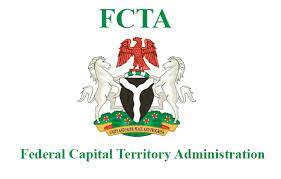President of the Nigeria Labour Congress (NLC), Comrade Ayuba Wabba, has said that about 90 per cent of workers in Nigeria were casual due to the high rate of unemployment, adding that “this leaves 10 per cent as regular workers.”
Wabba, who described the situation as “alarming,” said labour leaders in the country must unite to bring an end to such precarious working conditions.
Speaking at the 2015 Africa Industrialisation Day policy round table organised by IndustrialALL Global Union (IGU),
Wabba said the government had to do more in the area of youth unemployment.
He said: “In most employment in Nigeria, only 10 per cent is regular, 90 per cent is irregular. They are casuals, and, therefore, the employers take advantage of these workers and make them slaves; despite the fact that they are working, they cannot determine their condition of service.
“Because of the unemployment situation in the country, a lot of companies have taken advantage of workers. We need to give them cover. They should be able to work in dignity.
“This is one issue that NLC, IndustrialALL, and all other unions in the private sector will have to see as a challenge. Very soon we are going to have a calendar of picketing some of these establishments. Recently we had a discussion with NECA, and we came to the conclusion that it is only when we act that they will be ready to let go of those bad practices.”
Chairperson of IGU, sub-Sahara Africa, Comrade Issa Aremu, said the future of Africa “lies in adding value to its abundant raw materials and creation of sustainable jobs.”
He said: “The point cannot be overstated; the future of Africa lies in industrialisation, which means the process of transforming raw materials, with the aid of labour and capital goods, into consumer goods and capital new capital goods.
“Industrialisation delineates between growth and development of nations. The advantages of industrialisation include, creation of sustainable mass decent jobs, lessening of dependency on imports, thus saving scarce foreign exchange and enhanced government revenue through company taxes.”


